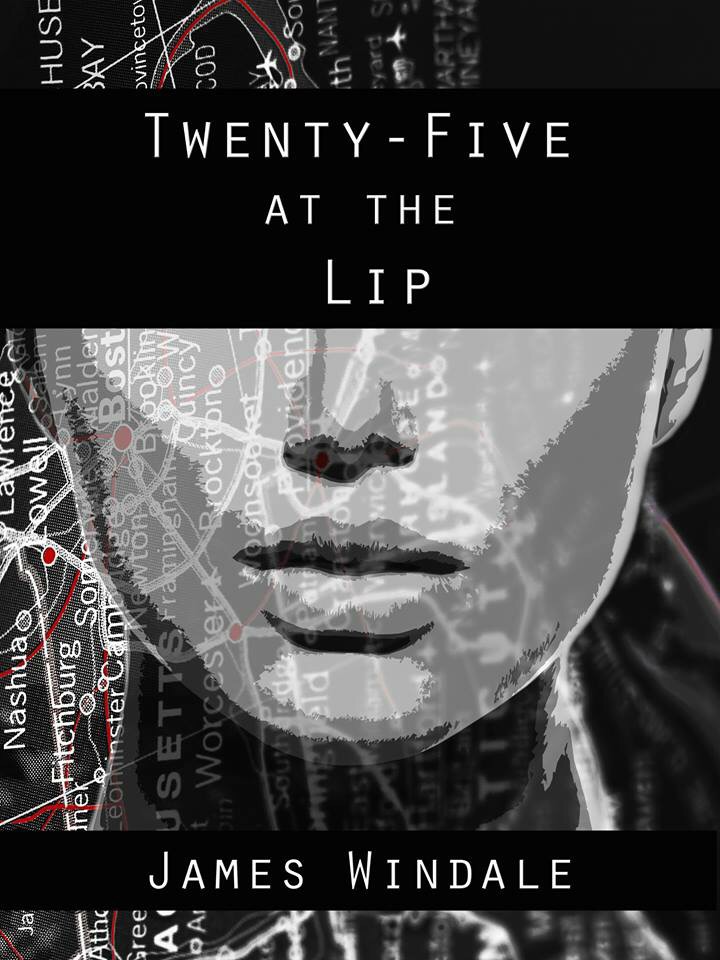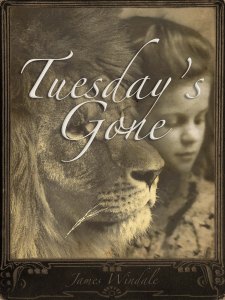Do you remember life before the internet?
“First of all, how dare you?!” I demand as I throw away the AARP form that came in the mail.

Was there such a time? Of course there was. Obviously the concept of the internet had been around about as long as I have (1982), but in practical terms it wasn’t useful to me until about 1998 when my family got our first PC; a Gateway 2000 complete with a 56K modem. We had dial up internet that had a number we called from the computer and if it was between 5 and 6 PM you could forget about actually getting connected. Then the computer would scream at you in this high-pitched tone until you got online.
There are varying levels of internet that we might take into consideration. My kids don’t really understand that it wasn’t always portable. Back in the old days when I was a newly minted EMT (back when the men were men and the sheep were scared) we had to use a map book to figure out where we were going. GPS wasn’t user friendly and I remember my step-father’s Magellan crapping out on us in the middle of the woods while we were hunting.
For a long time anything social media based had to be accessed from your desktop or laptop (maybe you had this new thing called WiFi?). If you wanted to know what your friend had for dinner you had to call and ask them. This paragraph would seem strange because posting a picture of your meal is only a recent example of how stupid our society has become.
But life before the internet? The first thing that comes to mind from that Halcyon era was how we stole music. First, you had to have a radio, CD player, or turn table with a cassette tape deck. If you had the song you wanted to steal on CD or LP (even another tape) it was easy: play the song on the platform you had and record it onto the tape. If you didn’t things got a little more complicated…
The radio could play a song, but that meant you had to have some idea of when they’d play it. DJ’s weren’t in the business of letting you know they were about to play a song directly but there could be clues. The easiest was if your song was in the Top 10 and you knew where it was, this was just a matter of waiting. If it wasn’t, you were in for a wait.
It would never fail that you’d be away from the stereo long enough for them to start playing it, and you’d have to dive across your bedroom to hit the PLAY/RECORD button. You could also bet on one song melding into another, or the DJ talking over most of the intro or ending, but since you’re stealing the song you can’t really complain. You could call the radio station and request a song, but you never knew when they’d get around to playing it.
Mix tapes were a thing. No playlists on your phone, that’s too easy and you lose all sense of the art that’s involved in stealing a band’s intellectual property. I’ve explained making of a mix tape to my Zoomer partners, and they’ve seemed interested enough, or maybe they were just being polite. It could take hours if you had the music on hand or weeks to wait for tracks on the radio. Burning CDs wasn’t really a thing until the latter half of my high school years and by then we had Napster and that bright shining moment…

There was no On Demand, and certainly no streaming of anything. If you wanted to watch a show after it aired you had to make sure you taped it on VHS. This meant searching for a blank tape, or sacrificing the video from your sister’s ballet recital to get that bootlegged copy of Temple of Doom.
Calling someone’s house was another thing. Before mass use of cell phones we had to call our friends on the landline. If your buddy’s mom answered the phone you’d have to make small talk with them “Mom is good, I’ll let her know you asked for her. Could I talk to Bobby please?” If you got up the nerve to call that girl you liked there was a 100% chance her dad or her older brother would pick up the phone and you’d have to talk to them first.
I remember driving to The Cape with my dad in his old Wrangler. No doors, no roof, which isn’t such a big deal considering Jeeps are still a thing. Keep in mind one thing: to paraphrase an Australian cartoon dog “It was the 80s, man!” I was seated up front at an age that I had my own kids safely in booster seats in back. We also ate cherries off a styrofoam tray straight from the grocery store and Big Macs came in a similar container. Not the most environmentally friendly time.
I feel like we spent more time I outside than today’s kids do. We knew where everyone was because they’re was a pile of bikes dumped in someone’s front yard and we just gravitated toward it like moths to a flame. The signal to come home was the street lights and I remember jumping sketchy ramps on my bike built by my friends and cousins.

Summer camp was a big deal, and I’m watching the local school boards shifting toward year-round school with some concern. Granted, they allow for time off in the year, but that might make it harder for summer camps to operate if there is an unreliable flow of kids to fill cabins. Education is important, don’t get me wrong, but I feel like there’s something about taking a dump in the woods that connects us to our origins.
Gaming wasn’t like it is now. We had computers or consoles, but you weren’t going to play with your friend across town, and forget anyone on the other side of the planet. You could do multiplayer with two, maybe four, players if you had the right set up. If your cartridge didn’t play right the first time you had to blow into it like you were giving it CPR and if it didn’t work after that you did it until you felt dizzy or it worked.
I had to learn the Dewey Decimal System, which was how we looked up books in the library. There was no Google, and my dad ordered a complete set of encyclopedias so we could look something up if we needed to. If it wasn’t in there, a trip to the library was in order.
We got our news from TV, radio, or the newspaper. If I was your paperboy I’d fly past your house on my BMX with an arsenal of wrapped up newspapers, the finest muck Fall River, Massachusetts could rake. I’d then chuck it at your front door at the hour of 6AM keeping a kind of mental score based on where it landed. Maybe you’d tip me, maybe not, but I can guarantee that if your tipped well I’d pick a good one for you out of the bundle, fold it nicely and place it out of the rain so you could read your paper without lawn clippings or dog crap on it.
We were happier for sure, as a quick Google search confirms. This might be because there wasn’t really a 24 hour news cycle and no constant habit of doom scrolling. The news came on certain network channels a few times per day and if it made us unhappy or concerned we could turn it off and walk away. Mind you, I was lucky. I was alert and oriented through the 90s (2000s were a slightly different story) and it was bookended by the Soviet Union and terrorism. There wasn’t much to worry about, at least from a young kid to teenage perspective.
MTV really did play music videos, and was in competition with VH1. Music videos as faaaaaar as the eye could see, sometimes with commentary from Beavis and Butthead. Going back a little farther I can confirm that hair bands, those gloriously effeminate, yet somehow manly, rockers were once gracing the screens of America when the most effective weapon the West could muster against the Godless Soviet hoards was Rock & Roll. *drags on an unfiltered Camel from the driver’s seat of an IROC*

We wrote letters, which is probably my favorite niche thing to reflect on. Getting a text or an email is really impersonal, but a letter, hand written by someone specifically to you was a special thing to find in the mail. It meant someone had taken time out of their day to put pen to paper their thoughts and feelings just for you. I had a pen pal in Australia that I kept up with for a number of years, as well as a girl I met at summer camp.
There’s another reason not to change to year-round school. The friendships I made over long, hot New England summers can’t be replicated in short breaks throughout the year. These were kids who lived out of state from me in ever would have met if we weren’t both out of school at the same time. You’d think with all the tech advancements in learning now it would free up more time to actually be a kid, but that’s not the point of education is it?
My novel Just Say Maybe has an awesome example of how to make a mix tape and is a great example of how we survived in the time before the internet.
Continue reading










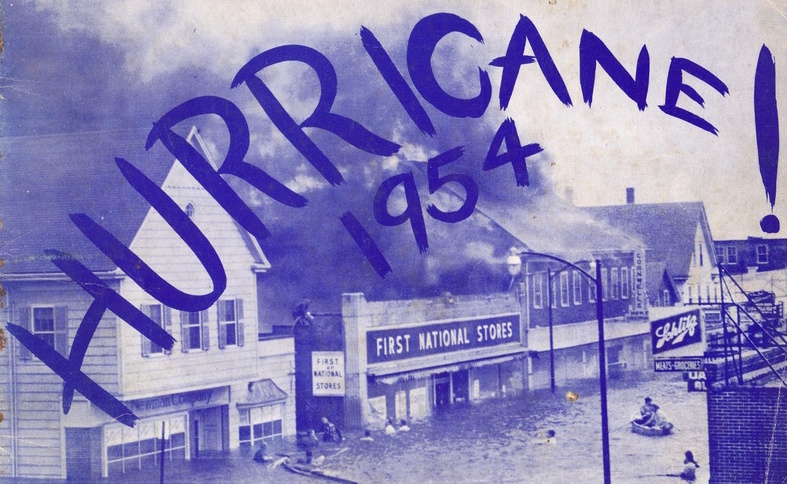
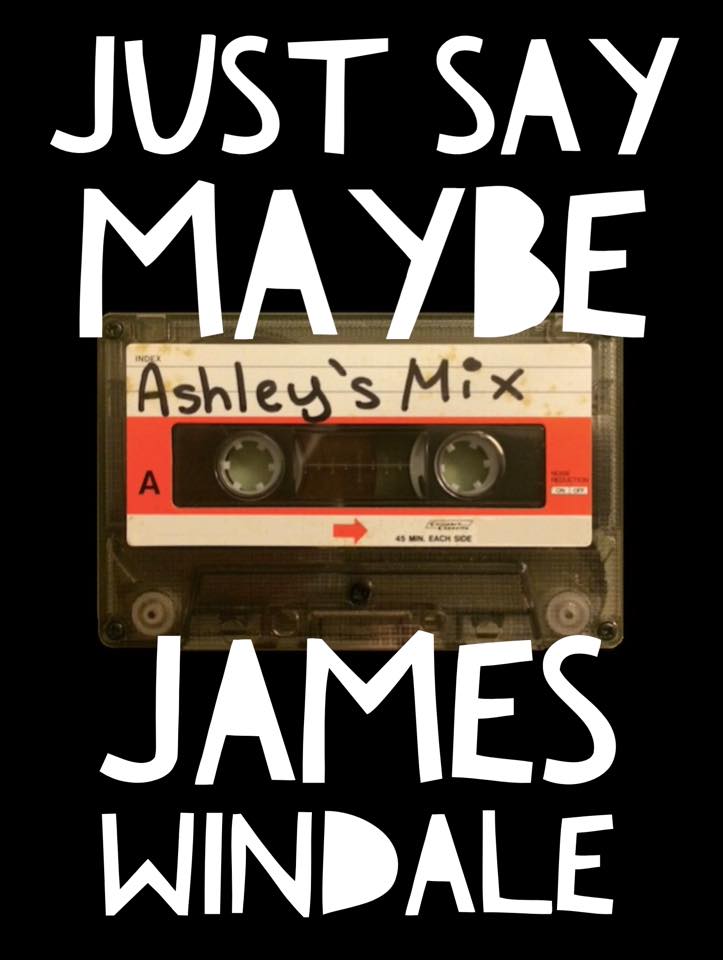 In April of 1994 my sister Bonnie spent a week in her room sobbing into her flannel shirt and ripped jeans because her idol, Kurt Cobain, had stuffed enough heroin up his arm to put a rhino down and then blew his face off with a shotgun. She had been something of a prude about Nirvana, slamming her door in my face when I wanted to listen with her and her friends.
In April of 1994 my sister Bonnie spent a week in her room sobbing into her flannel shirt and ripped jeans because her idol, Kurt Cobain, had stuffed enough heroin up his arm to put a rhino down and then blew his face off with a shotgun. She had been something of a prude about Nirvana, slamming her door in my face when I wanted to listen with her and her friends.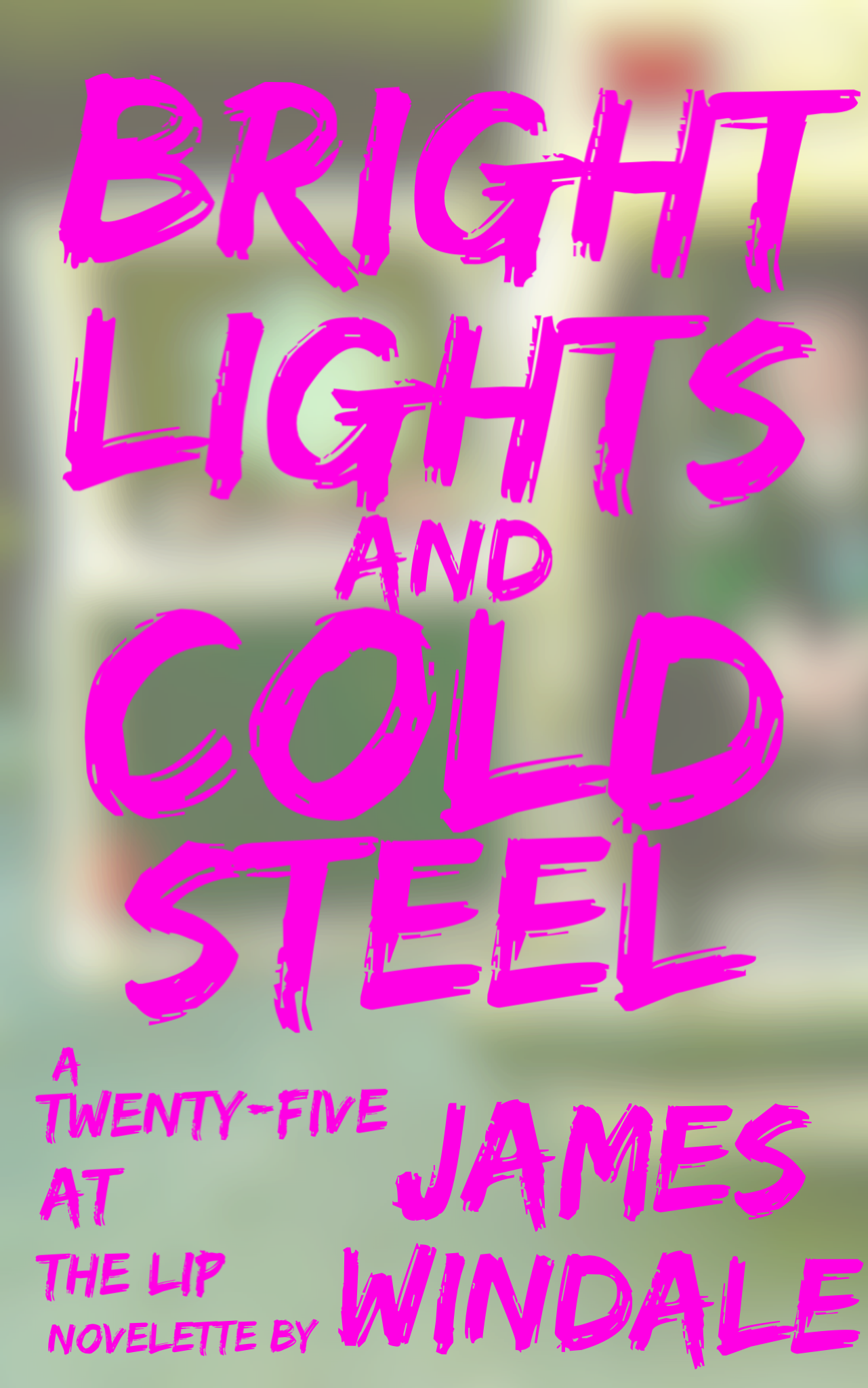 The phone ringing woke Richard from a sound sleep. It rang twice before Meg picked it up and he checked his wrist watch to see the time. It was 2:05 in the morning and he rubbed his eyes while Meg took the call. It was possible that the call could be turfed off on a EMT-Basic crew, but the feeling sitting in the pit of his gut told him he was about to be getting up.
The phone ringing woke Richard from a sound sleep. It rang twice before Meg picked it up and he checked his wrist watch to see the time. It was 2:05 in the morning and he rubbed his eyes while Meg took the call. It was possible that the call could be turfed off on a EMT-Basic crew, but the feeling sitting in the pit of his gut told him he was about to be getting up.